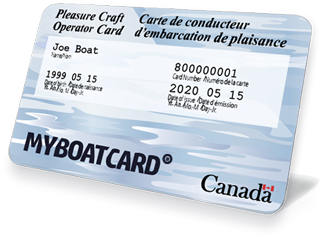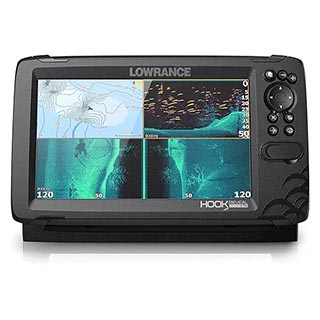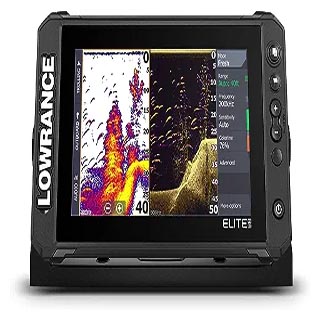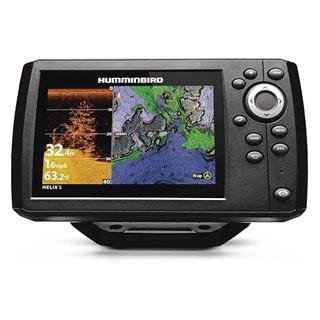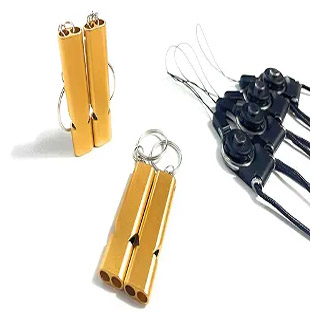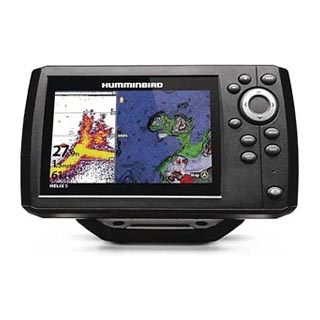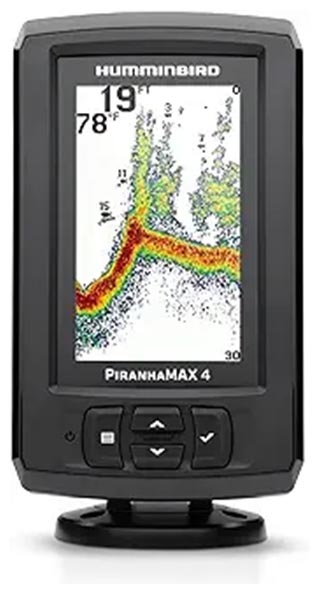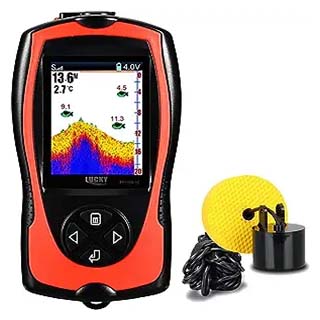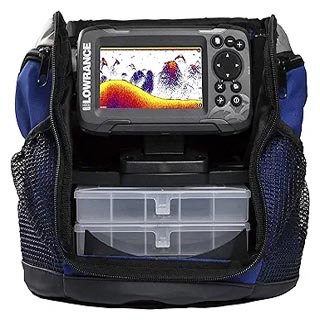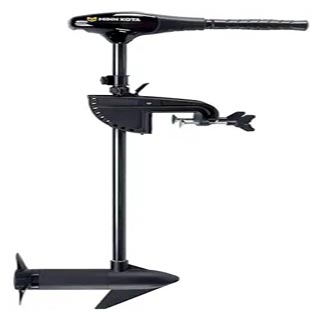Ontario Marinas and Marine Services
Proof Of Competency: A Must Read For Boaters

Proof of Competency: A Must for All Motorized Pleasure Craft Operators
May 2010
FREQUENTLY ASKED QUESTIONS
OPERATOR COMPETENCY
GENERAL
Who is required to have proof of competency?
Anyone born after April 1, 1983 who operates a pleasure craft fitted with a motor, and all operators of pleasure craft fitted with a motor and less than four meters (13.12 feet) in length, are now required to have proof of competency on board at all times. As of September 15, 2009, all other persons who operate pleasure craft of any size fitted with a motor will have to carry proof of competency.
What is proof of competency?
Proof of competency can be provided in one of three forms:
- Proof of having successfully completed a boating safety course in Canada prior to April 1, 1999;
- a Pleasure Craft Operator card issued after the successful completion of an accredited test;
- or a completed rental-boat safety checklist (for power-driven rental boats),
valid for the rental period.
RENTED BOATS
What if I rent a boat?
Do I still have to carry a proof of competency?
Yes. For operators of rental boats, proof of competency can be provided by means of a completed rental-boat safety checklist (for power-driven rental boats), valid for the duration of the rental period.
Does everyone have to fill out a rental-boat safety checklist before renting a powered boat?
Only those individuals that will be operating the rental boat will be required to complete the rental-boat safety checklist. If you already have a valid proof of competency, you will not be required to fill out a rental-boat safety checklist.
If I have a boat rental agency, how can I get the rental-boat safety checklist for my clients?
There are two ways to obtain a rental-boat safety checklist: visit the Office of Boating Safety website; or contact the Office of Boating Safety Info-line at 1-800-267-6687 for a hard copy of the sample checklist. The sample can be used as is or customized to suit the individual needs of the rental agency.
View The Boater Rental Checklist. You Will Need Adobe Acrobat Reader
Participation in recreational boating has increased dramatically in recent years. Between eight and nine million people enjoy Canadian waterways each year.
For many of us, water activities are an essential part of being Canadian, something we've grown up with and often take for granted. However, each year in Canada, there are approximately 6,000 boating incidents involving 150 fatalities and hundreds of injuries.
Many of these incidents could be prevented.
In 1999, the Government of Canada introduced new requirements under the Competency of Operators of Pleasure Craft Regulations to help reduce the number of boating-related incidents and fatalities, and to implement changes requested by Canadians. These regulations are designed to help boaters safely operate their boats and respond to emergency situations.
All operators of Pleasure Craft fitted with a motor are now required to have proof of competency on board.
Boaters can obtain a Pleasure Craft Operator Card by taking an accredited boating safety test from an accredited course provider and achieving a mark of at least 75 per cent.
The test covers basic boating safety rules and regulations and how to respond to emergency situations.
Like a driving exam, it includes many questions that require common sense. It also includes more difficult questions that require either taking a course or having a broad boating knowledge. Transport Canada strongly recommends all boaters take a safe boating course before completing the test.
The Government of Canada has received positive feedback from Canadians on the benefits of the Pleasure Craft Operator Card and enforcement officials are finding that more and more boaters are carrying their cards.
These cards are valid for life, and are a simple way to make our waterways safer for everyone.
Get yours today!
To learn more about boating safety or to find out about how to take a boating safety course and get your Pleasure Craft Operator Card, please visit www.boatingsafety.gc.ca or call the National Boating Safety Infoline at 1-800-267-6687.
How do I get a Pleasure Craft Operator Card?
Operators can obtain their Pleasure Craft Operator Card after receiving a mark of at least 75 per cent on a Transport Canada accredited test. Transport Canada strongly recommends all boaters to complete a course before taking the test.
To find an accredited course provider in your area, visit the Office of Boating Safety website or call the Boating Safety Info-line at 1-800-267-6687.
How long is the card valid?
The Pleasure Craft Operator Card is valid for life.
If I lose my card, how do I get another one?
You must contact the course provider who issued your card. In most cases, boaters do not recall the name of the course provider organization that initially issued them the card. All boaters must ensure that they keep a record of their respective course provider in the event that they need a replacement. Transport Canada is not responsible for lost cards.
Are there penalties if I do not have proof of competency or a rental-boat safety checklist?
Yes. Normally this offence will result in a fine of $250. Enforcement agencies also have the option of prosecuting an infraction as a summary conviction offence, which may result in an increased or decreased fine as assessed by a court of law.
If I'm paddling a motorboat while the motor is off, am I still required to have an operator competency card?
Yes. As long as there is a motor on board, it will be considered a powered vessel and the requirements will apply.
How is the operator competency requirement enforced?
During boating season, RCMP, provincial and municipal police, and any person designated as an enforcement officer by the Minister of Transport can ask you to show your competency card and your personal identification.
Does this operator competency requirement apply to me if I live in the Northwest Territories and Nunavut?
No, requirements currently only apply to areas outside the Northwest Territories and Nunavut.
Does this operator competency requirement apply to me if I am a non-resident of Canada?
Yes, if your pleasure craft is in Canadian waters for 45 consecutive days or more, the operator will be required to follow applicable Canadian regulations, including carrying proof of competency. An operator card or equivalent issued by your state or country will be considered proof of competency.
Where can I get more information on operator competency regulations?
For more information visit the Office of Boating Safety website or call the Boating Safety Info-line at
1-800-267-6687.
What are my options for taking the course and test?
You may take the boating safety course in classroom, by correspondence, or on the Internet prior to taking the test.
You may purchase a training manual from an accredited training organization, study on your own, and then take the test; or if you already know the rules, you may wish to just simply take the test.
However, Transport Canada strongly recommends taking the accredited course first.
Why should I take a boating safety course?
- To help ensure your safety and the safety of others while boating;
- To learn about your responsibilities;
- To make your boating experience enjoyable for everyone; and
- To obtain your Pleasure Craft Operator Card as required by the regulations.
What is covered in the course?
The course covers the full range of basic boating information, including:
- Minimum safety equipment requirements on board your boat;
- The Canadian Buoy system;
- How to share waterways;
- A review of all pertinent regulations; and
- How to respond in an emergency situation.
Does the course include on-the-water training?
If not, why not?
The course is based on "knowledge requirements" only and is intended to apply to all motorized pleasure boat operators by covering the basic boating safety information, (including rules and regulations).
How long is the course?
Courses may vary in length, but on average, most courses are 4 - 6 hours in length.
What is covered in the test?
The test, like a driving exam, has many questions that just require common sense. There are also questions that are more difficult and require either taking a course or having a broad knowledge of boating.
How long is the test?
The test is approximately 45 minutes.
If I fail the test, can I write it again?
Yes, however, Transport Canada strongly recommends that you take an accredited course if you fail the test.
Who offers the course and test, and how can I register? There are many organizations throughout Canada that provide accredited courses and tests. To obtain a list of course providers in your area, visit the Office of Boating Safety website or call the Boating Safety Info-line at 1-800-267-6687.
How much do the course and test cost?
The cost varies according to the type of course materials, the length of the course, the test fee, and whether or not there is extra content. It is therefore best to shop around and compare course features and prices.
How much money from the course and test fees goes to the Government of Canada?
None. Courses and tests are developed and administered by private-sector businesses and organizations. The Government of Canada's role is to develop and manage the boating safety regulations.
How does the Government of Canada ensure the quality of courses and tests?
Recently, Transport Canada incorporated stricter requirements for Course Providers to adhere to. All tests must be administered according to the Competency of Operators of Pleasure Craft Regulations. Transport Canada monitors course providers on a regular basis. The goal is to encourage and facilitate compliance, monitor compliance and respond to non-compliance. Course providers that do not comply with the regulations could have their accreditation suspended or revoked depending on the nature, severity and frequency of offences.
Will boaters who have previously taken a boating safety course be required to take another course?
Those who have received training in Canada prior to April 1, 1999 will not be required to take another course, provided they have proof (a certificate or card) of successful completion. A copy of the certificate or card is required to be carried with you on board the pleasure craft.
How do I become a course provider?
TC is planning further amendments to the Competency of Operators of Pleasure Craft Regulations in 2008, which would include new accreditation and auditing requirements for all course providers. Transport Canada is not presently accrediting new companies to administer boating safety courses and tests until these amendments are in place.
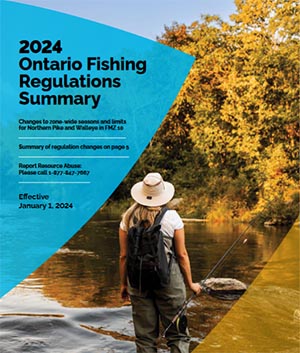
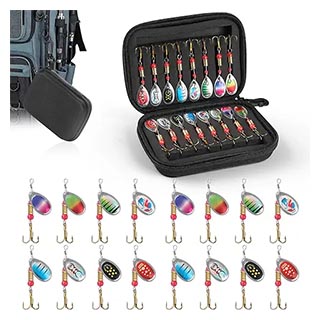
The spinner baits are made of high-quality material, sturdy fishing spinners and artificial colors, greatly attract the fishes in the lake sea and ponds.
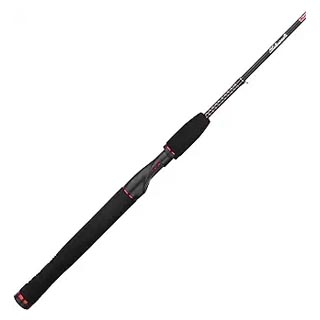
Ugly Stik GX2 Spinning Fishing Rod
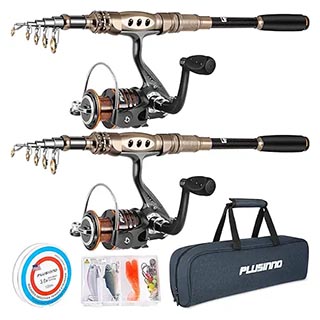
PLUSINNO Fishing Rod and Reel Combos Carbon Fiber Telescopic Fishing Pole
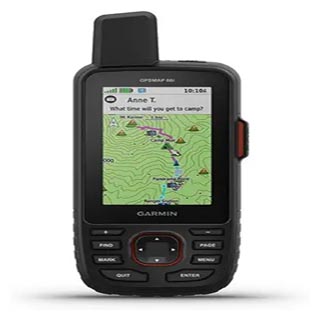
Garmin GPSMAP 66i, GPS Handheld and Satellite Communicator
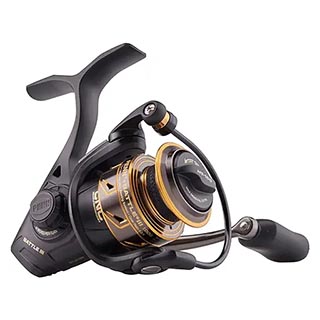
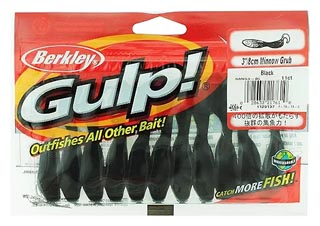
Berkley Gulp! Minnow Grub Fishing Soft Bait

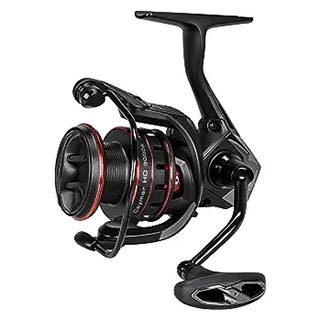
Okuma Ceymar HD Corrosion Resistant 8BB Spinning Reel
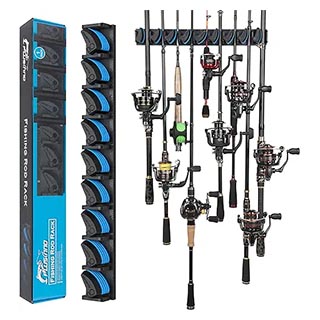
PLUSINNO Vertical Fishing Rod Holder
